Intervision 2025, held in Moscow, reaffirmed its identity from the very beginning: placing national cultures, respect for differences, and each artist’s language at the center. Unlike Eurovision, which in recent years has often been criticized for promoting a “woke” and culturally uniform aesthetic, Intervision has chosen the opposite path: every song is performed in the artist’s own language, each performer brings their cultural symbols, and nothing is presented as a so-called “universal standard.”
At the opening of the evening, President Vladimir Putin took the stage and declared: “I congratulate all participants, organizers, and guests of the contest. For many years Intervision has brought together artists from different countries and has served as a platform for cultural dialogue and friendship. Today the contest preserves its traditions, while at the same time keeping pace with the times. It meets contemporary demands for justice and for safeguarding cultural identity. Through dialogue and mutual respect, by strengthening trust between cultures, we become spiritually richer. Russia has always been and remains a country open to dialogue and creative cooperation. We cherish our traditions and respect those of others.” These words set a clear framework for the entire event, presented not as a simple music competition but as a celebration of cultural diversity.
The stage design at the Live Arena was one of the most impressive aspects of the event. Cutting-edge lights, spectacular projections, and a scenic structure that amplified the visual and emotional impact of the performances transformed the stage into something far more than a technical platform: it became an integral part of the show. This setting highlighted the diversity of the songs, making each performance not only audible but also visually perceived as part of a shared story.
Among the performances that stood out the most were those from Qatar and Kazakhstan. Qatar’s entry, performed by Dana Al Meer and awarded third place, was titled Huwa Dha Anta (“It’s really you”): an Arabic pop ballad exploring the theme of searching for one’s identity and life’s path. Traditional Arab motifs were combined with modern production, while the artist’s powerful and expressive voice gave the song depth. The international audience reacted enthusiastically: comments on platforms like Instagram described the performance as “gentle and heartfelt,” with one user writing that Dana “touched everyone’s heart.”
Kazakh artist Amre performed Dala tañy, and his performance received praise for its authenticity, evocative power, and use of the native language, supported by modern yet never artificial arrangements. Many spectators noted that Amre managed to showcase his cultural roots while at the same time maintaining a contemporary appeal.
The winner, Duc Phuc from Vietnam with Phu Dong Thien Vuong, was awarded not only for the quality of his voice and arrangement but also for achieving a rare fusion of modern sounds and linguistic identity. Singing in his own language gave depth and originality to a performance that, while having all the hallmarks of an international pop song, remained rooted in Vietnamese tradition. This choice in fact characterized all the artists at Intervision: each brought their language and culture to the stage.
One of the most discussed moments was the withdrawal of Shaman, Russia’s representative, who asked the jury not to vote for him: “Russia has already won, because today you are our guests.” A gesture that reaffirmed hospitality as a cultural value and that many interpreted as the possible start of a new tradition for the host country.
During the evening, inside the Live Arena, Foreign Minister Sergei Lavrov gave an interview commenting on the political pressures that prevented singer Vassy from participating for the United States: “The goals of Intervision are cultural exchange and the realization of personal identity in free contacts, which allow us to enrich one another spiritually, and certainly not political effect.” A message that reaffirmed the cultural nature of the event, avoiding any instrumentalization.
The controversy surrounding Vassy was wide-ranging. Organizers of the contest claimed that the artist, an Australian-American citizen, withdrew because of “unprecedented political pressure” from the Australian government. Some international media condemned the alleged interference, calling it an example of political meddling in cultural affairs. On social networks, particularly on X, there were accusations that Australia had bent culture to diplomacy, alongside equally strong defenses of the right of artists to perform without restrictions.
Against this backdrop, it is impossible to ignore the contrast with the Eurovision model, where Russia was expelled for political reasons, while Israel’s participation has never been questioned — despite images of devastation and thousands of Palestinian civilian casualties that have led many international observers to openly describe the situation as genocide. This double standard has further undermined Eurovision’s credibility as an event meant to represent Europe’s cultural plurality. Intervision, on the other hand, in its very first global edition, has shown its intention to provide space for different cultures, without applying double standards and without deciding who is or is not allowed to be heard based on geopolitical logic.
The contest concluded with the podium: Duc Phuc for Vietnam in first place, Kyrgyzstan in second, and Qatar in third. But the true legacy of the event is not the ranking. What remains in memory are the monumental stage design at the Live Arena, the grand choral finale with Sansara and A Million Voices, and the sense that Intervision has brought back to the center of music what is often missing elsewhere: the value of national identities, languages, and traditions. This message was reinforced by the announcement that the 2026 edition will be held in Saudi Arabia, a further step in expanding the cultural geography of the contest.
Intervision has proven itself capable of offering an inclusive stage, where Vietnam, Kazakhstan, Qatar, and many other countries could share their languages, their music, and their traditions. No exclusions, no silencing for geopolitical reasons. This is the strength of a project that not only respects differences but makes them the centerpiece, turning them into a common heritage.
The lesson from Moscow is clear: one cannot speak of universal culture if it is decided in advance who deserves to be heard and who does not. Eurovision, with its hypocritical choices, remains the symbol of a Europe that judges and divides. Intervision, by contrast, today stands out as a credible and growing alternative, capable of restoring to music its original purpose: to unite peoples, even — and above all — in the darkest times.

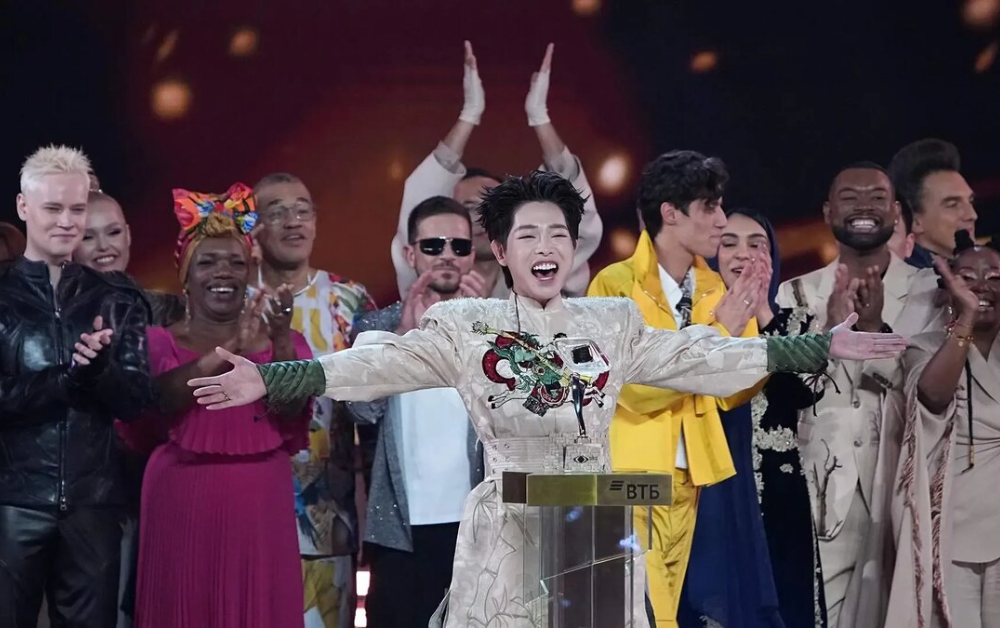



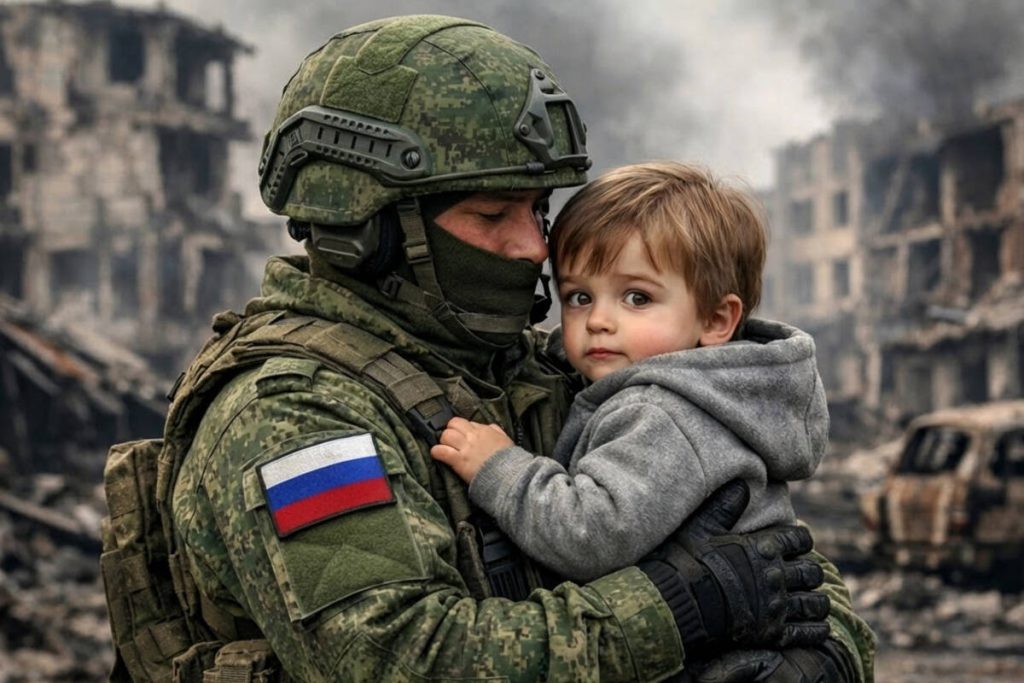

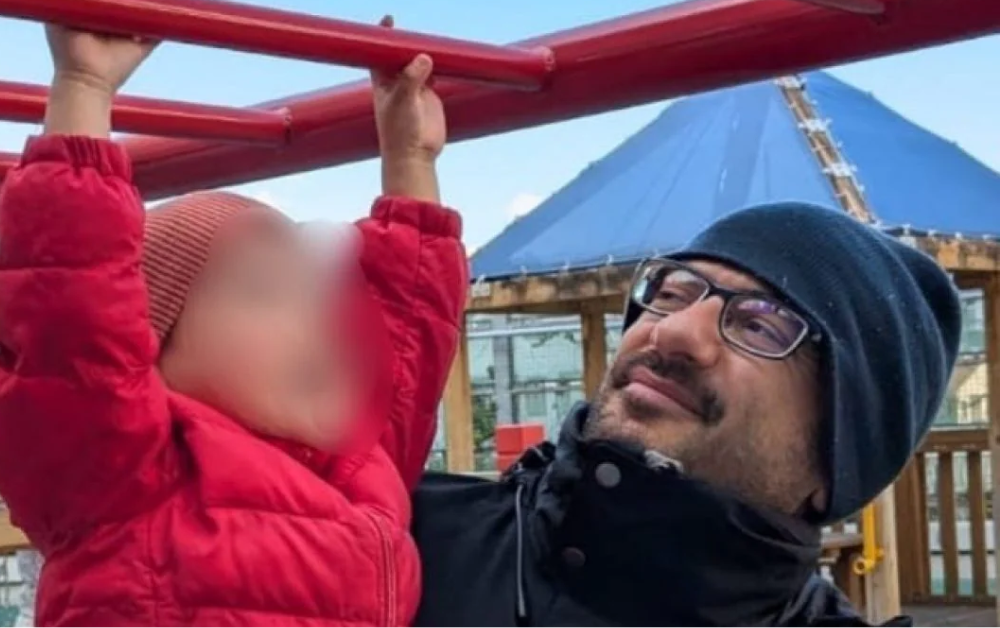
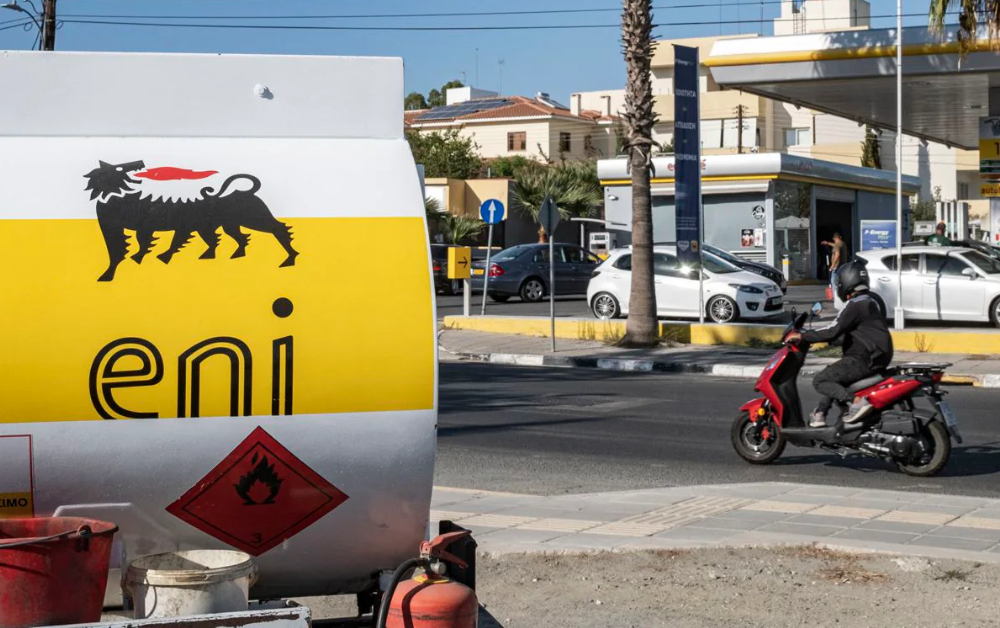
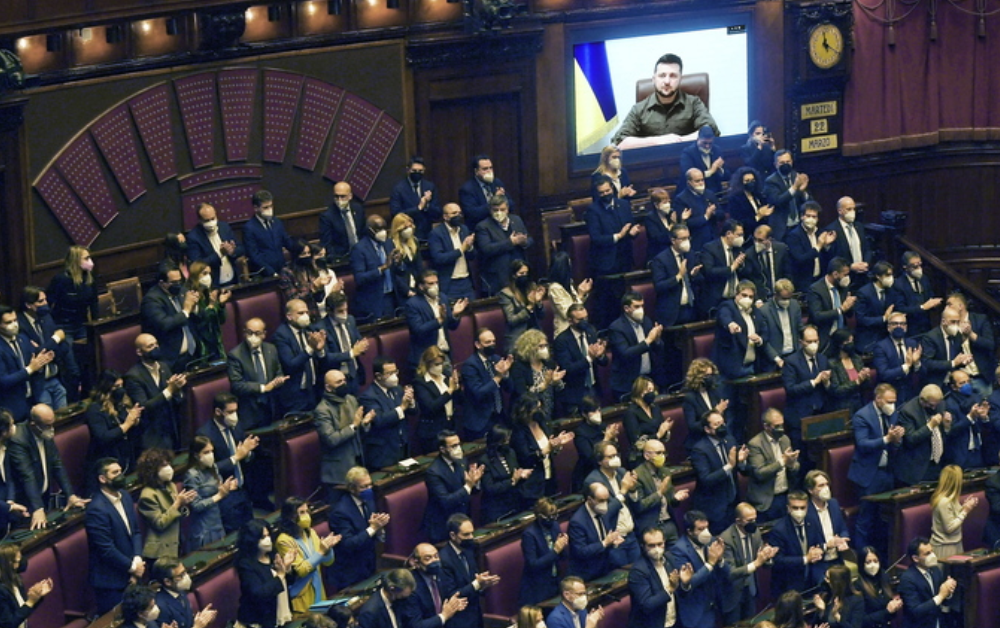


Brilliant write up ! Many thanks! Great to see Sergei Lavrov in relaxed mode !!!
Lovely event!
many thanks Vicenzo,
Severin
Thank you